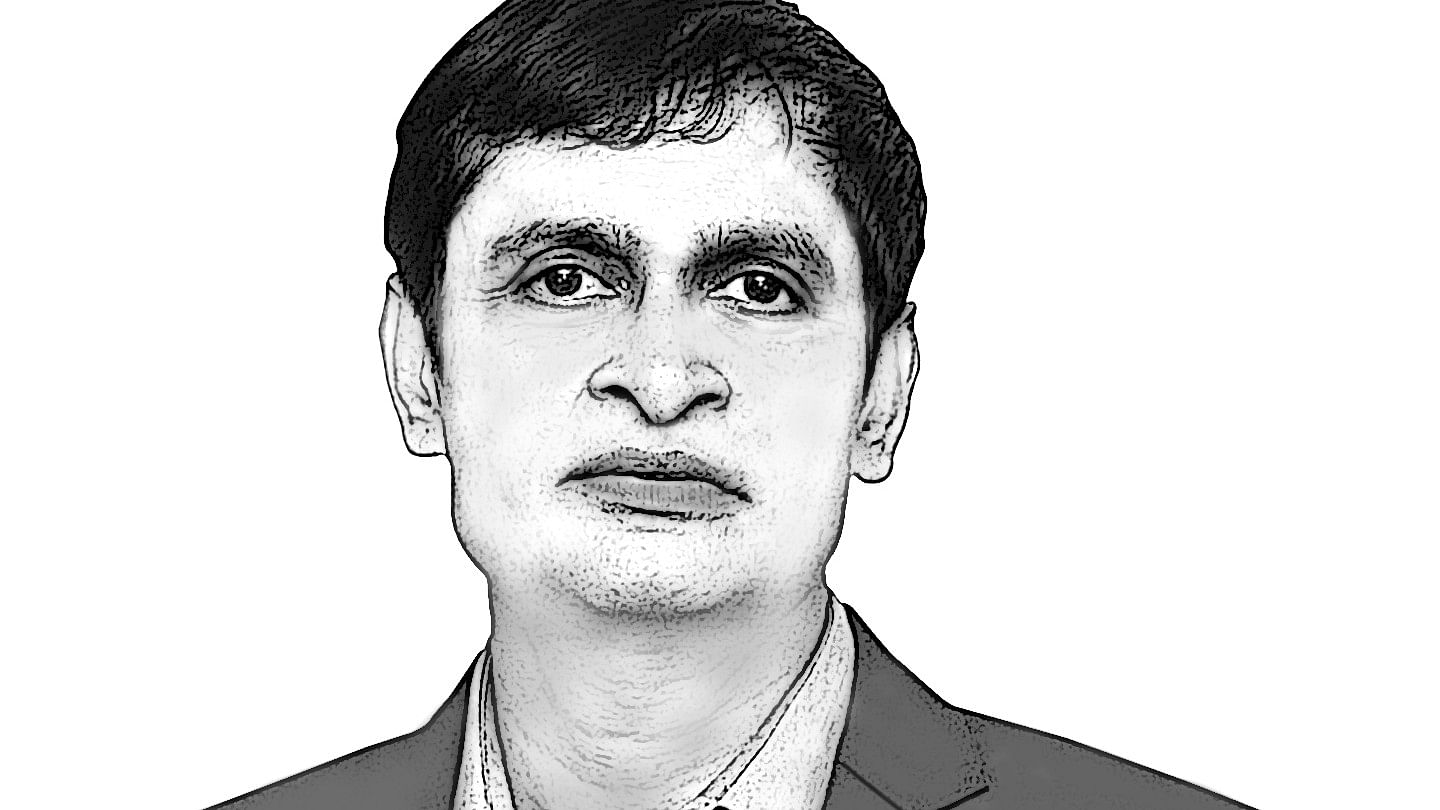
Vasant G Hegde CFA, former banker, teaching at Manipal Academy of Higher Education, Bengaluru.
Credit: DH illustration
Finance Minister Nirmala Sitharaman will present the Union budget next month which will be the last budget of the present government. This will not be a full budget but an interim budget or rather a vote on the account since Lok Sabha elections are going to be held in the next few months. Yet the commoner, as always, hangs on to the hope that the financial planning of the government will hold something for him/her, especially in an election year. Let’s check out the usual suspects in this bucket list.
Raising Income Tax exemption limit
This invariably is on the top of the wish list of honest taxpayers every year. Incidentally, the Finance Minister had made the new tax regime a default one from the ongoing fiscal year. The exemption limit under the new regime was increased to Rs 3 lakh while it was kept unchanged at Rs 2.50 lakhs for those opting to stay with the old regime. These folks who’ve stayed with the old regime expect to be granted some parity with their exemption limit also being raised to Rs 3 lakh.
Increase in standard deduction
The standard deduction which is allowed only for salaried employees was reintroduced in FY 2018-19 after being scrapped in FY 2005-06. With the increase in price levels & expenses, households feel that there is a strong case for increasing the standard deduction from Rs 50000 to Rs one lakh.
Cut interest on delayed/default in return filing/ paying advance tax
Under Section 234 A, B & C of the Income Tax Act, taxpayers have to pay a penalty of 12% per annum on non-payment or short payment of advance tax or delay in filing of tax returns. The taxpayers feel that being one of the honest 6.26 crore individuals who have filed tax returns, they should get better treatment and hope that the penalty is slashed substantially if not scrapped altogether. Incidentally, out of the individuals who have filed returns, a whopping 67% have filed nil tax returns! This means that only two crore individuals are paying taxes!
Expand deduction under Section 80C
Individuals can claim a maximum deduction of Rs 1.50 lakh under section 80C by making investments in schemes like PPF, ELSS, Sukanya Samriddhi Yojana, NPS, five-year tax saver deposit et cetera. Since the ceiling of Rs 1.50 lakhs was last revised in FY 2014-15, an upward revision is long overdue. This is a long pending demand of the commoner, and the hope is to see the limit is increased to at least Rs2.50 lakhs. Many taxpayers expect a level playing field among tax savings products & wish that the tenure of tax saver deposits is reduced from 5 years to 3 years.
Increase the deduction for NPS under Section 80CCD (1B)
Individuals can claim deductions up to Rs 50000 on the amount contributed to the National Pension Scheme (NPS) under Section 80CCD (1B). The deduction under Section 80CCD(1B) is over and above the deduction availed under Section 80C. In a country where the government does not provide any social security benefits, the expectations are that it can at least increase the limit to Rs one lakh so that individuals can save more for retirement. The current limit of Rs 50000 per year is too small & may not help individuals build a corpus that can take care of the growing expenses. The hike in limit may help increase the subscriber base beyond the present 50 lakhs.
Abolish Income Tax or give certain privileges to taxpayers
Taxpayers point out that 96% of the population do not pay taxes but still enjoy benefits provided by the government like good roads, sanitation, drinking water et cetera. Since only a minuscule percent of the population pay taxes, abolishing income tax may not impact tax revenues. The other option is treating the taxpayer as a “priority customer” and giving certain concessions just like how banks treat privileged or priority customers.
Other Concerns and expectations
Other demands on the wish list include the rationalisation of capital gains tax across different asset classes which is too complicated. Many others want the double taxation of dividends to be abolished since the company pays taxes on profits out of which dividends are paid.
The shareholders too pay taxes on dividends at normal rates. Taxpayers feel that the new regime has too many slabs & want them to be reduced.
As February 1 nears, most have their fingers crossed and hope for the best.